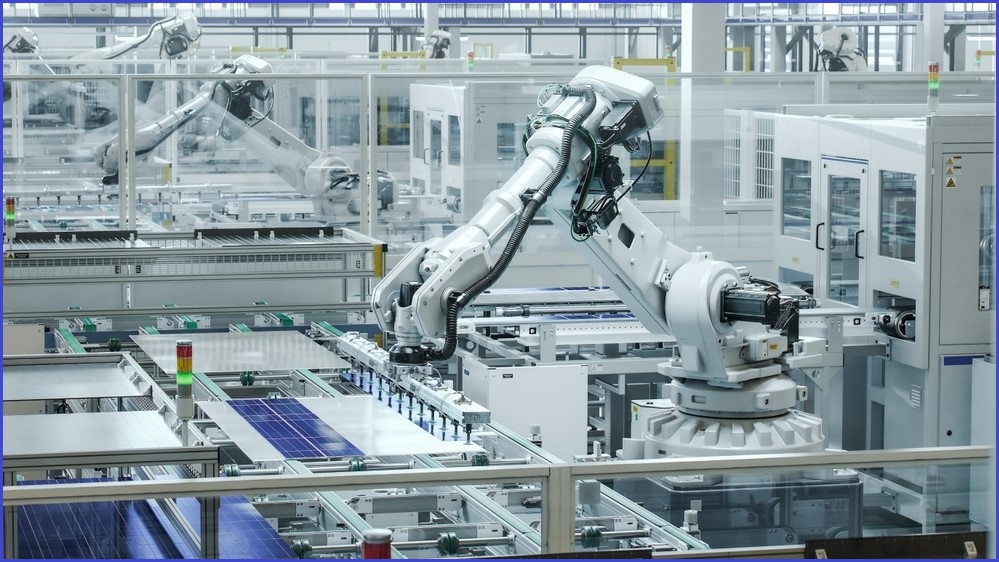More than 60 manufacturing grants approved by the former Coalition government are still yet to be finalised, while more than $8.5 million has been spent on Labor’s manufacturing fund in nearly a year before it has dispersed any money.
There are 66 grants under the former government’s Modern Manufacturing Initiative (MMI) that are still not finalised, according to answers to Senate Estimates questions on notice.
The MMI was the flagship facet of the former government’s $1.5 billion Modern Manufacturing Strategy, and provided funding for large manufacturing projects across six sectors: resources and minerals, food and beverage, medical products, recycling and clean energy, defence and space.
Labor took a different manufacturing policy, the National Reconstruction Fund, to the 2022 federal election, and passed it into law in March last year.
This process saw the government review the grants issued under the MMI and eventually withdraw $442 million in funding that had been previously announced where the projects had “materially changed”.
It has now been revealed that a further 66 grants under this program are still yet to be finalised by the federal government, as of the end of June.
In July last year the Labor government finalised $385 million in grant commitments made under the MMI.
It has also been revealed that there are 12 staff working on the continued delivery of the ex-government’s MMI program.
Since June last year, three staff members working on the MMI have moved to other positions within the Industry department, and two have moved outside of the Department.
The MMI’s Manufacturing Integration Stream offered grants of between $1 million to $20 million to cover up to half of an eligible manufacturing project involving the integration of products and services into domestic and international value chains.
According to the government, 18 grants were issued under this funding stream.
The MMI also had a Manufacturing Collaboration Stream, where grants of up to $200 million were on offer.
There are 17 recipients for these grants listed on the government website.
Getting the manufacturing fund off the ground
Answers to Question on Notice also revealed that the corporation stumped up by the government to oversee the National Reconstruction Fund has incurred costs of $8.66 million in a year before it has issued any funding to the sector.
The National Reconstruction Fund will provide loans, credit, bonds or equity investments to Australian companies across seven priority areas: renewables and low-emissions technologies, medical science, transport, value-add in agriculture, forestry and fisheries, value-add in resources and defence capability and critical technologies.
It will be partnering with institutional investors, private equity and venture capital, and the fund will be administered by an independent board making independent investment decisions.
In establishing the fund, the government labelled it the “greatest investment in manufacturing capabilities in living memory”.
The National Reconstruction Fund Corporation’s seven board members were unveiled in August 2023, with its first independent board meeting held in September.
The fund’s investment mandate was published in November, and Ivan Power was named its inaugural CEO in February.
In June this year, former Ellerston Capital portfolio manager Dr Mary Manning was appointed as the National Reconstruction Fund’s chief investment officer.
There have been concerns over the speed at which the fund is being established and how long it has taken to start dishing out cash for local companies.
Prime Minister Anthony Albanese was forced to defend its rollout in a fiery interview at the start of this year, saying that it was open for business at the time and companies could enter expressions of interest through a contact form on its website.
Victoria’s venture capital fund has also had to defend itself against criticisms of its operating costs, with $24 million spent in just over two years, including company establishment costs, professional services and salaries.










